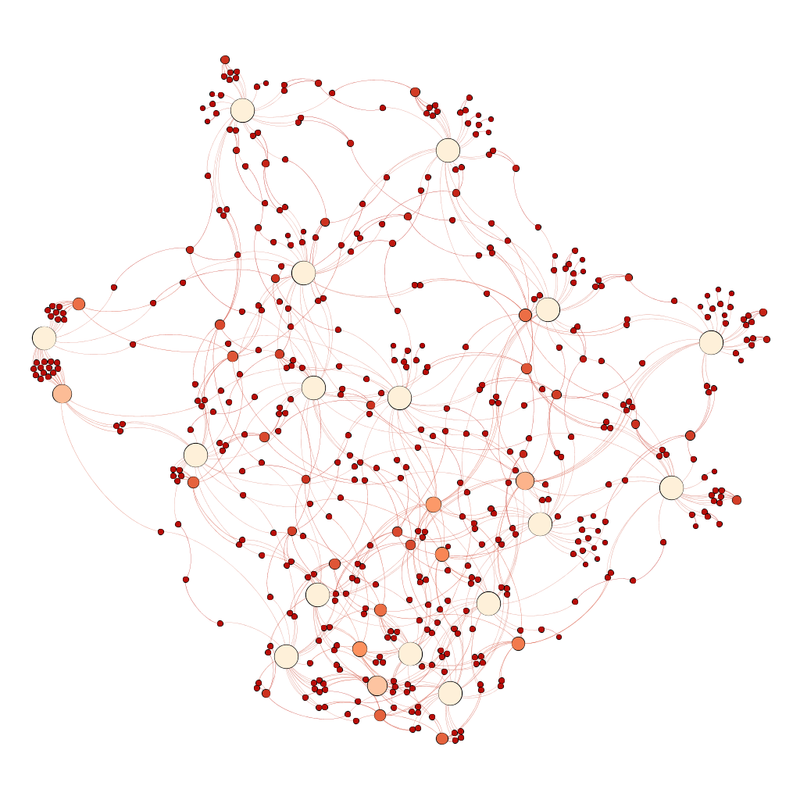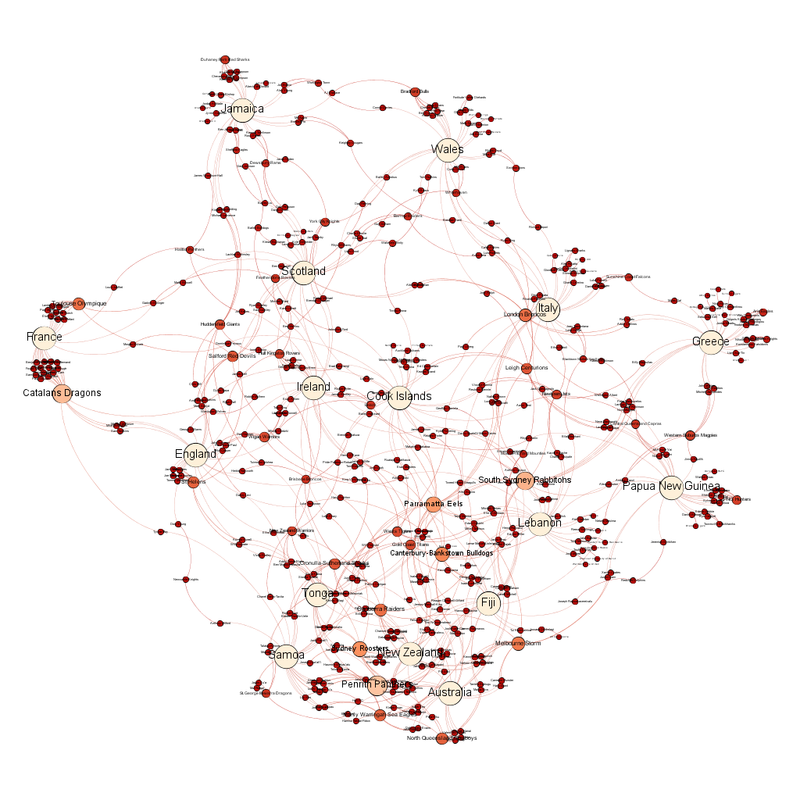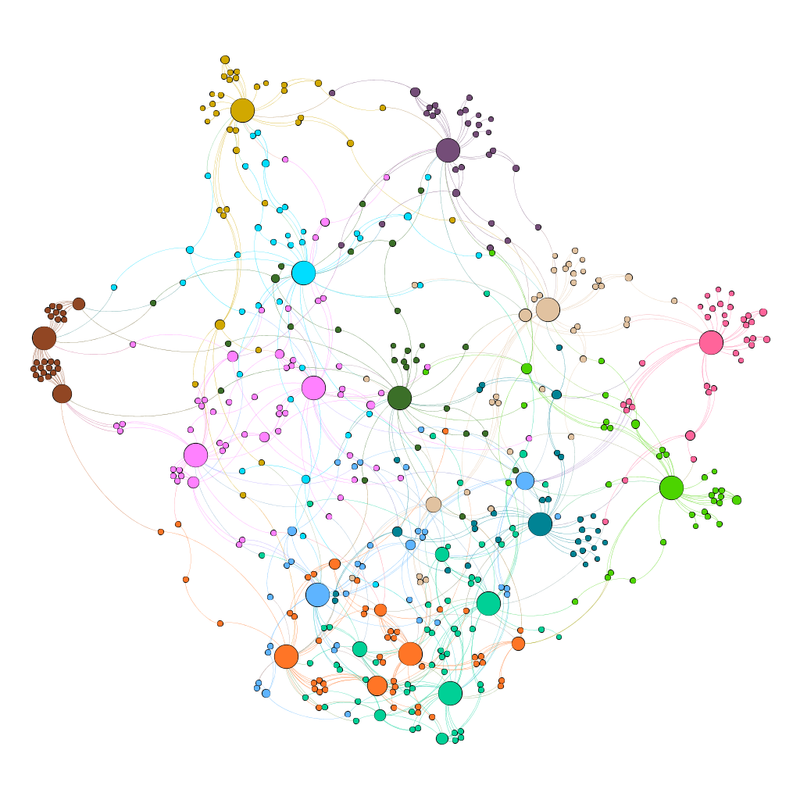Whatever we're calling it, it kicks off tomorrow with what is probably the most interesting match of the group stage, England, the hosts, vs Samoa.
Partly I am just excited to see international rugby league again, but partly this could be a stormer of a match. Or it could be a completely implosion of either side. It's that lovely thrill of the unknown.
Because on paper, Samoa should be excellent, and England are coming in with a few injuries and short at least two players who I think would have been in the starting 13. But rugby is played on pitches not paper, and this is a Samoa team who haven't played together often and ... oooh it could be interesting.
The other rugby league fan at work (a Salford fan for his sins) feels much the same way as I do. It's all very oooooh.
In group B, Australia vs Fiji could be good, if Fiji play like they did last World Cup, or it could be appalling, if they play like they did in their warm-up game (England 50-0 Fiji, Fiji you are better than that.)
In group C, Ireland vs Lebanon is probably the most intriguing match, because Lebanon (coached by Michael Cheika, yes that Michael Cheika) come together nicely for World Cups and Ireland look solid, and neither team have ever lacked heart and effort.
Group D features the other candidate for the potentially most interesting match - Tonga vs Papua New Guinea.
Tonga, lead by the ever-wonderful Kristian Woolf, ex-Saints coach and based in St Helens and training with our academy boys Tonga, vs Papua New Guinea, the national team of the only country on the planet that has rugby league as it's national sport.
The rugby will be beautiful, the score unpredictable.
I've made the usual network diagrams.
Due to the number of New Zealandish, Fijian, Samoan and Australian players that play on the same teams, that part of the diagram is tightly clustered so I've had to tweak the settings to make that part readable.




Everyone else is much more spread out.
The national team closest to the centre, pretty much bang on centre in fact, are the Cook Islands, with Leeds being the club team closest to the centre.
These diagrams would have been posted sooner, but a couple of players had to be replaced at the last minute by some of the teams so I had to make a last minute update. Interestingly, before that, there were no Hull F.C. players, but both replacement players play for Hull. I had thought it odd that there weren't any.
The Penrith Panthers are the club team with the most players present, with 19, followed by Catalan Dragons with 18 (not all playing for France) and South Sydney Rabbitohs with 17.
There are 16 teams in this group stage but they fit into just 13 communities. Samoa and New Zealand are 1 community, as are Fiji and Australia and so are England and Ireland. The other teams are their own separate communities.
Certainly I'd expect the winners to come from the Australia/New Zealand/Fiji/Samoa cluster, and even with a team with 13 players making their debut Australia are still strong favourites.
I was hoping to have similar diagrams for the Women's World Cup and the Wheelchair World Cup, which are being held at the same time as one giant festival of rugby league, but unfortunately, most reports don't name the club teams the players play for.
If I can find the information, I will make the diagrams.


No comments:
Post a Comment